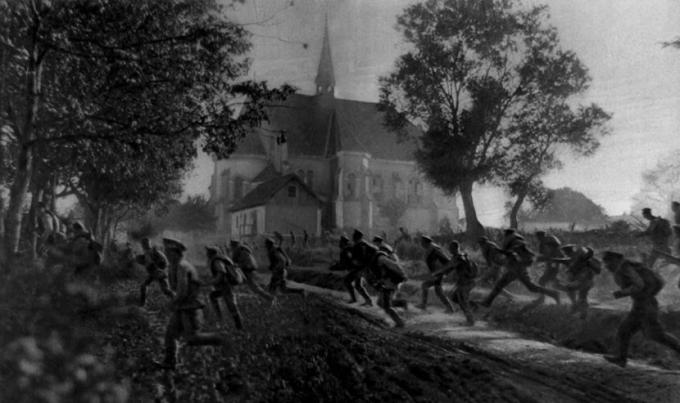Moleque, okra, cornmeal, youngest and cornmeal. Cachaça, dengoso, delicacy, berimbau and maracatu. All these words in the Brazilian vocabulary are of African origin or refer to some practice developed by enslaved Africans who came to Brazil during the colonial period and imperial. They express the big african influence that exists in Brazilian culture.
The existence of slavery in Brazil for almost four hundred years, in addition to having constituted the basis of the material economy of Brazilian society, also influenced its cultural formation. The miscegenation between Africans, indigenous peoples and Europeans is the basis of population formation in Brazil. In this way, the African matrix of society has a cultural influence that goes beyond vocabulary.
The fact that African female slaves were responsible for the kitchen of plantations, farms and large houses in the countryside and the city allowed the spread of African influence in the food. Culinary examples of African influence are vatapá, acarajé, pamonha, mugunzá, caruru, okra and chayote. Spices were also brought from Africa, such as peppers, coconut milk and palm oil.
At the religious aspect Africans always sought to maintain their traditions according to the places from which they left the African continent. However, the need to adhere to Catholicism has led several groups of Africans to mix the African continent religions with European Christianity, a process known as syncretism religious. Examples of African religious participation are candomblé, umbanda, quimbanda and catimbó.
Some African religious deities linked to the forces of nature or everyday facts were brought closer to characters from Catholicism. For example, Iemanjá, who for some African ethnic groups is the goddess of water, in Brazil was represented by Our Lady. Xangô, the lord of lightning and storms, was represented by St. Jerome.

The practice of capoeira is also an African cultural influence
Samba, afoxé, maracatu, congada, lundu and capoeira are examples of African influence in songthat remain until the present day. Urban popular music in Imperial Brazil had in slaves who worked as barbers in Salvador and Rio de Janeiro one of its richest expressions. Instrumentssuch as the tambourine, atabaque, cuíca, some types of flute, marimba and berimbau are also African heritages that are part of Brazilian culture. corners, like jongo, or dances, like the umbigada, are also cultural elements from Africans.
Historians like João José Reis even affirm that this culture of the black diaspora, this culture of Africans coming from the continent, characterized by optimism, courage, musicality and aesthetic and political daring, it was incomparable in the context of the so-called Civilization Western. As life in American lands was not easy, having to fight to survive, cultural creation “with the expression of freedom that black culture possesses” was “a double fight” to impress on Brazilian culture its influence.[1]
Note
[1] REIS, João José Reis. Slave Resistance in Bahia. “We can play, play and sing...”: slave protest in America. Revista Afro-Asia, nº 14, p. 107-108, 1983.
By Tales Pinto
Master in History


